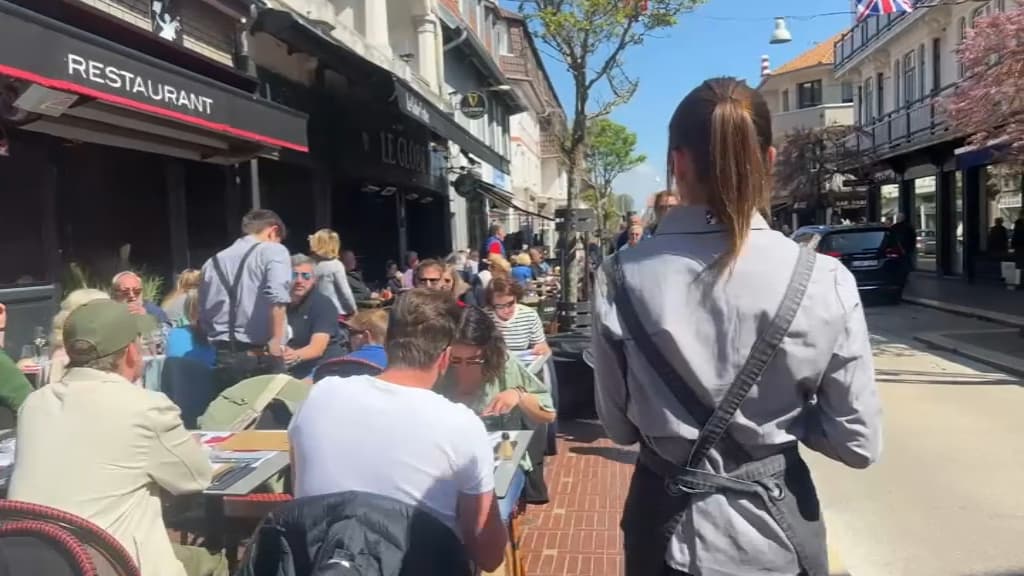The agreement regarding a new mutual insurance company in the hotel and restaurant sector, accepted unanimously by the unions, was rejected by the Umih and the GNC, “an irresponsible questioning” with “serious consequences”, denounced this Friday the two signatory employer organizations.
These two federations, influential among independent hotel-restaurants and restaurant chains, accuse Umih, the majority in the industry, of having changed his mind and accuse the GNC, the hotel chain structure, of having “shone for its absence” during the negotiations. having “benefited fully from the solidarity of the branch” when she joined him, being responsible for a higher loss ratio than the others.
Before the proposal, the mutual, which has become very deficit, amounted to 28 euros per month, divided equally between employers and workers.
Blocking
The amount of the new formula proposed by the insurers Malakoff and Klésia went on to reach 47 euros, including 16 euros for the worker and 31 euros for the employer.
The increase in contributions “is the result of taking into account the real technical cost of conventional health cost guarantees, (…) which are binding on any insurer”, specify the RNB and the SNRTC which, before the blockade, have chosen to denounce the agreement.
“We did a market survey. For companies with less than 150 employees, which represent 90% of the profession, it is 36 euros, for the same protections, not 47 euros,” he said.
“Although the RNB has denounced the agreement, the contributions of its affiliates will automatically increase to 47 euros, that is, 23.50 euros at the expense of the worker, if they have not terminated their contract. However, the deadline to denounce Klesia expired on July 31, 2022. “, he added.
“A Reckoning”
“It’s a reckoning,” said Jean-Virgile Crance, president of the GNC. “The increase in rates becomes a minimum to be paid, it is an obstacle to the free market and all the increase is assumed by the businessmen. Why was competition denied in the market?”
“We have offers that do not require an increase. If we have to pay 17 euros more per month per employee, I prefer to make the effort during the break”, that is, the time between morning and afternoon services, he adds.
For its part, the CFDT, in a press release, “wonders about the reasons given by the two employer organizations that opposed it. This agreement was fair and balanced and non-binding for the companies that had the possibility of appealing to the insurer of your choice.
The sector is currently experiencing a very severe shortage of personnel in a context of unattractiveness, despite the recovery.
Source: BFM TV




